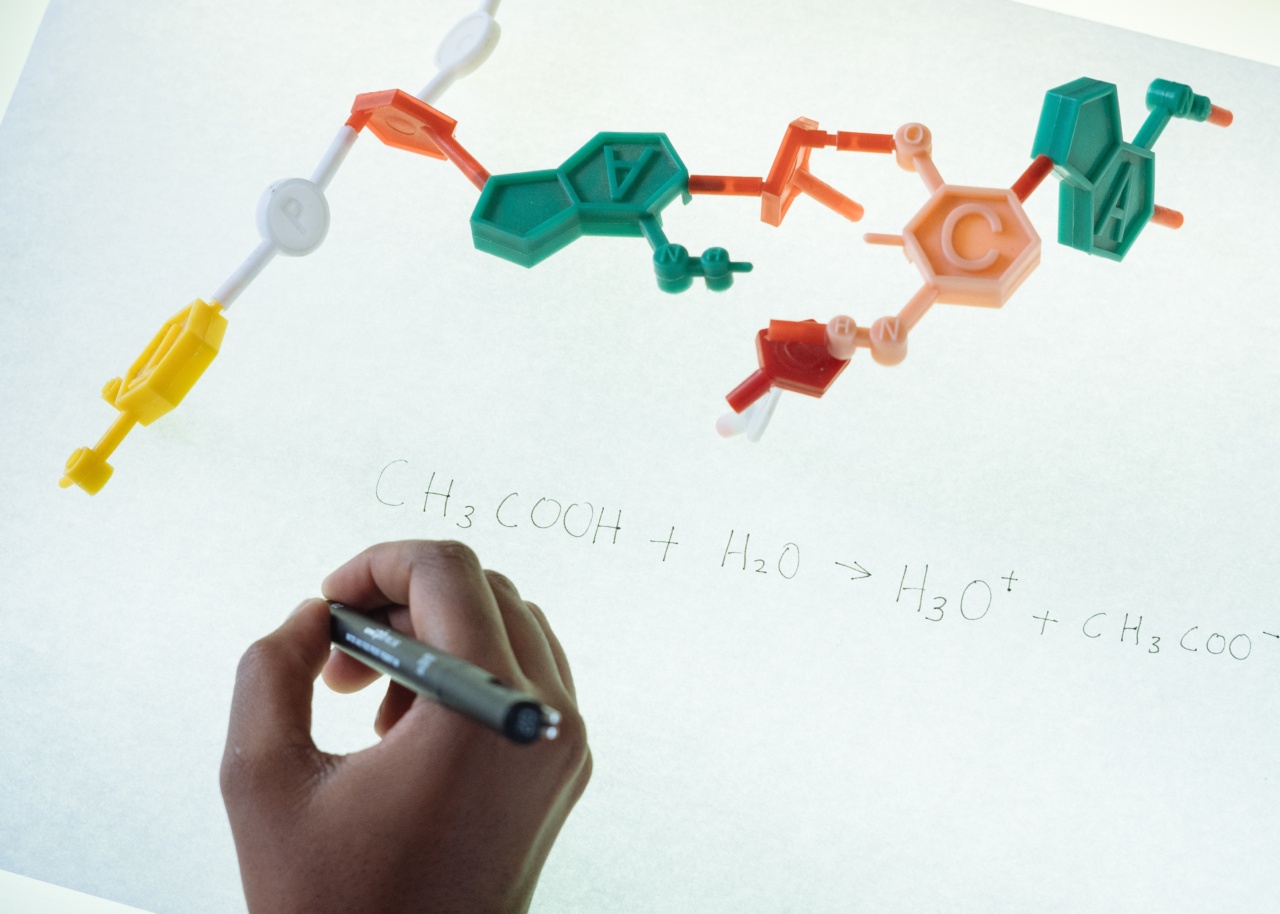As science continues to make groundbreaking discoveries, one area that has captivated researchers and experts for years is the study of the male molecule.
This tiny yet crucial unit plays a significant role in understanding the complexities of male biology and behavior. In this article, we delve into the many facets of the male molecule, uncovering eight must-know facts that shed light on this fascinating subject.
1. DNA and the Male Molecule
The male molecule, also known as the Y chromosome, is one of the two sex chromosomes present in humans. Unlike its counterpart, the X chromosome, the Y chromosome carries genetic information that is unique to males.
It is this molecule that determines the development of male sex characteristics and influences a variety of genetic traits.
2. A Tale of Evolution
Throughout evolution, the male molecule has undergone substantial changes, leading to its current state.
It is believed that the Y chromosome was originally much larger and more similar to the X chromosome; however, numerous gene losses and rearrangements have resulted in its reduced size and distinctive features. Despite its diminished stature, the male molecule still holds significant genetic information.
3. Determining Male Sex
The presence of the male molecule is what determines an individual’s biological sex. In most cases, individuals with one X and one Y chromosome develop as males, while those with two X chromosomes develop as females.
However, variations and anomalies can occur, leading to individuals with atypical combinations of sex chromosomes.
4. Genetic Disorders and the Male Molecule
Due to the complexity of the male molecule, there is a higher susceptibility to genetic disorders associated with the Y chromosome. Some of these disorders include Klinefelter syndrome, Turner syndrome, and XYY syndrome.
These conditions can result in a range of developmental and reproductive issues, highlighting the importance of understanding the male molecule’s role in health and wellbeing.
5. Paternal Inheritance
While most of our genetic information is inherited from both parents, the male molecule is primarily passed down from fathers to sons.
This unique pattern of paternal inheritance ensures the preservation and continuity of the male molecule throughout generations.
6. Beyond Biological Sex
Although the male molecule is primarily associated with biological sex determination, its influence extends beyond reproductive characteristics.
Recent studies suggest that the Y chromosome may also play a role in various non-reproductive traits, including longevity, cardiovascular health, and even cancer susceptibility. Researchers are actively investigating these connections to gain a deeper understanding of the male molecule’s impact on overall health.
7. Mysteries of Male Fertility
The male molecule is closely linked to male fertility, as it carries vital genes responsible for spermatogenesis and testicular development. Mutations or alterations in these genes can lead to infertility or other reproductive issues.
By unraveling the mysteries surrounding the male molecule, scientists aim to improve diagnostics and treatments for male fertility problems.
8. The Future of Male Molecule Research
The study of the male molecule continues to evolve, and advancements in technology are enhancing our knowledge at an unprecedented rate.
With the advent of gene editing techniques, such as CRISPR-Cas9, scientists are now able to manipulate the male molecule in a precise manner, opening up opportunities for potential therapies and interventions for various genetic disorders related to the Y chromosome.
Conclusion
The male molecule, with its intricate genetic makeup and intricate influence on male biology, remains an intriguing field of study.
By unraveling the mysteries of this molecular entity, researchers are improving our understanding of male health, development, and fertility. As scientists delve deeper into the intricacies of the male molecule, they offer hope for better diagnoses, treatments, and interventions for individuals affected by genetic disorders associated with the Y chromosome.





























